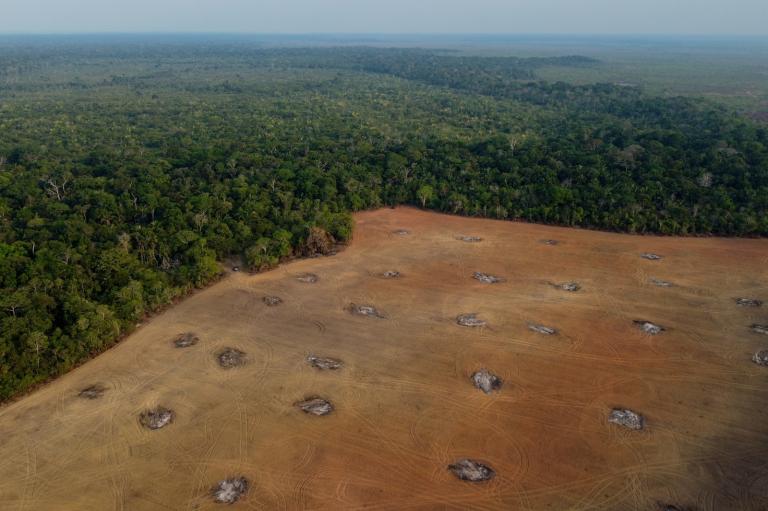Seven of the U.S.’s largest Bitcoin mining companies are set up to use nearly as much electricity as all of the homes in Houston — the nation’s fourth most populous city — according to a congressional investigation of the industry.
The findings, released Friday, come as Democratic lawmakers are calling for regulation and cryptominers are increasingly under fire for straining the electrical grid and raising electricity prices for consumers.
In a letter to the Environmental Protection Agency and the Department of Energy, a group of Democratic lawmakers led by Elizabeth Warren, a Democrat from Massachusetts, revealed that the seven companies have the capacity to use as much as 1,045 megawatts of power, or enough to power all of the homes in Houston, a city of more than 2 million people.
“The results of our investigation, which gathered data from just seven companies, are disturbing, with this limited data alone revealing that cryptominers are large energy users that account for a significant – and rapidly growing – amount of carbon emissions,” the lawmakers wrote.
They also urged federal agencies to develop rules requiring that cryptomining companies report their power usage and greenhouse gas emissions — a first step towards understanding the scope of the problem and crafting regulation.
The cryptomining industry has been undergoing explosive growth in the U.S. In 2021, China banned mining and the U.S. quickly became the world’s hub. Roughly a quarter of American mining operations are located in Texas, where the state’s electrical grid is notoriously fragile.
Mining for cryptocurrencies like Bitcoin — a process that requires specialized computers to solve complex math problems in exchange for new tokens — requires a large amount of computing power and is energy-intensive. Earlier this week, as a heatwave swept across Texas, state regulators had to ask Bitcoin miners to voluntarily shut down their operations to avoid overloading the grid.
More troubles lie ahead. According to The Verge, by 2026 cryptocurrency miners plan to increase demand on Texas’s grid by 27 gigawatts, or by roughly a third of the grid’s current capacity.
Cryptocurrency advocates say mining will spur the building of more renewable energy, but so far it hasn’t been enough. Bitcoin mining emits as much greenhouse gasses as entire countries; one recent estimate said as much as the Czech Republic.
The load that cryptominers place on the grid is driving up prices for other consumers, too. Last year a study by researchers at the University of California, Berkeley and the University of Chicago found that cryptocurrency mining in upstate New York raised electricity costs for households in the region by a total of $165 million each year.



